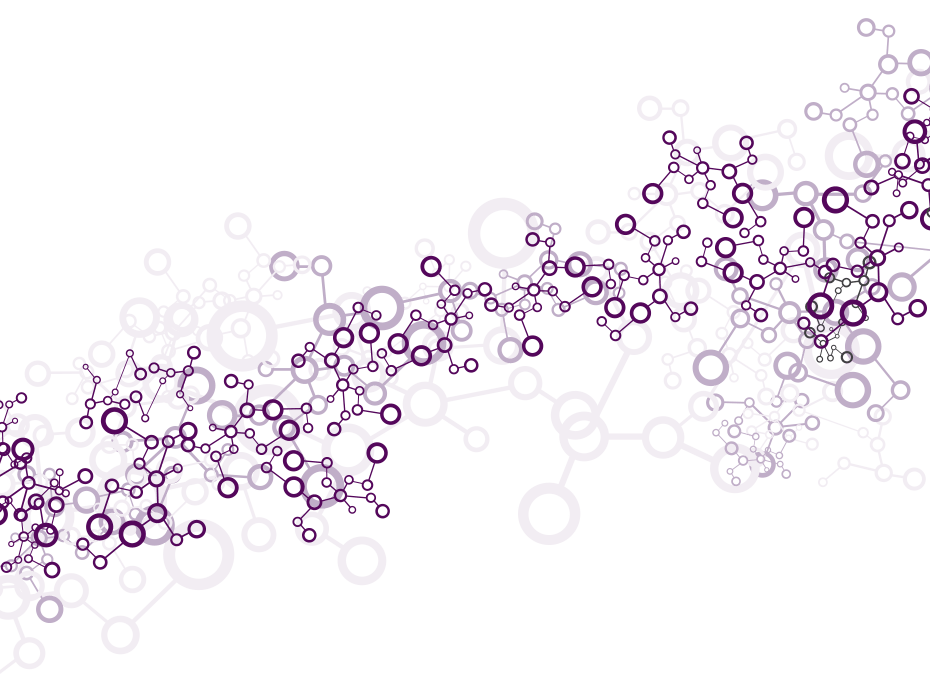
Phobia Treatment
phobia Causes & symptoms
A phobia is a disproportionate fear or anxious response to a particular object or situation. Individuals who have a phobia will actively avoid triggering objects or situations, but if this is not possible, they will endure them with considerable distress. The fear, anxiety or avoidance behaviours caused by phobia can result in significant impairment in a number of facets of the individual's life. A diagnosis of phobia requires that the negative affects and emotions experienced are persistent and have been present for a minimum of 6 months.
Examples of types of phobias include:
- Animal e.g., snakes, spiders, dogs
- Natural Environment e.g., water, adverse weather events, heights
- Blood-Injection-Injury e.g., needles, taking a blood sample, invasive medical procedures
- Situational e.g., enclosed spaces, flying, escalators
- Other Type e.g., situations that could possibly endanger health or life, or costumed characters such as clowns, or loud noises (in children)
It is important to distiguish the difference between phobia and other mental health conditions such as OCD, PTSD, separation anxiety disorder in children, social phobia, and panic disorder. For example, a person with a phobia of germs may wear a mask and gloves whenever they venture outside the home, but a person with OCD may consistently dwell on thoughts of getting sick from germs on their hands, and engage in elaborate hand washing rituals to negate the distressing thoughts.
A phobia can develop in response to a negative, frightening, or painful experience an individual experienced in the past that was associated with a specific object or situation. For example, a person who was bitten by a dog as a child could subsequently develop a phobia of all dog breeds.
Genetic and environment factors also appear to be involved in the development of a phobia. Children who are closely related to an individual with an anxiety disorder can be more likely to develop a phobia. Individuals who have experienced a traumatic brain injury, have depression, or engage in substance use are also at risk of phobia.
Did you know...
In recent times 'phobia' has been used as word suffix to describe a dislike of certain races, religions, or sexual orientations. These terms are innacurate as the clinical definition of a phobia is a distressing mental disorder pertaining to fear and anxiety, rather than prejudice, discrimination, or hatred. Alternate and more accurate language is recommended to avoid confusion with individuals who suffer from actual phobia.
Why you shouldn't diagnose yourself
This page is for information purposes only and is not intended for self-diagnosis. The symptoms described can also be attributable to certain medical conditions, medication, illicit drugs, or other psychological disorders.
Source: American Psychiatric Association. (2013). Diagnostic and statistical manual of mental disorders (5th ed.). https://doi.org/10.1176/appi.books.9780890425596
Healthline. (2019). Phobias. https://www.healthline.com/health/phobia-simple-specific
Images: Jannoon028 - Freepik.com View through plane window
Freepik. Young person suffering from anxiety
Freepik. Creepy toy spider on human skull

how soon to a happier, healthier you?
learn to overcome phobia IN THE COMFORT OF YOUR HOME
Join me for a free 30-minute Zoom consultation to discuss how you can break free from your phobia and enjoy the change in your life. You're welcome to ask any questions about your treatment options and what to expect in terms of progress. I'm here to listen, advise, and guide you towards the best solutions. If I can't help, I'll provide referrals to other trusted providers. Book your free and confidential consultation today!
- Melissiah, Telehealth Therapist
